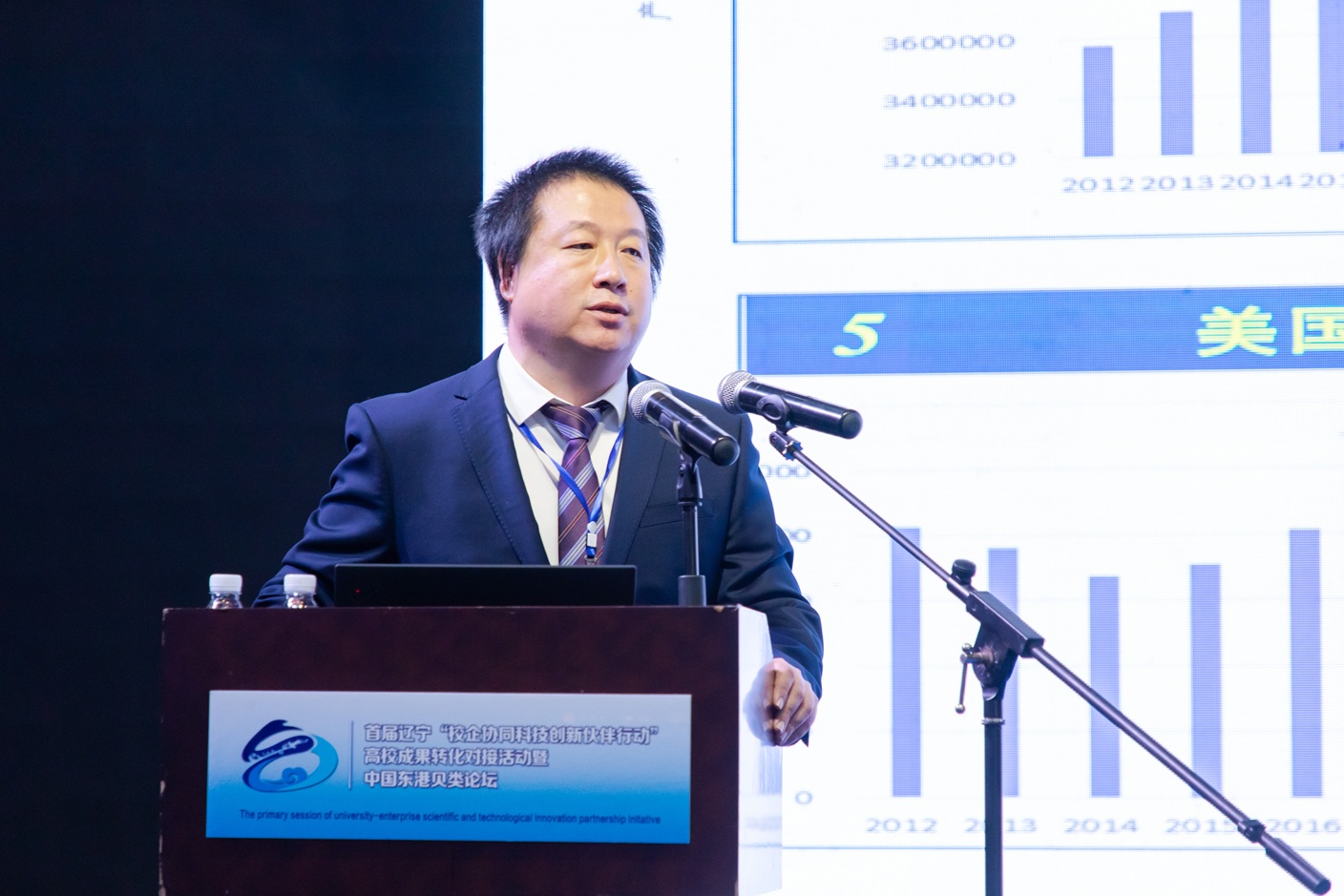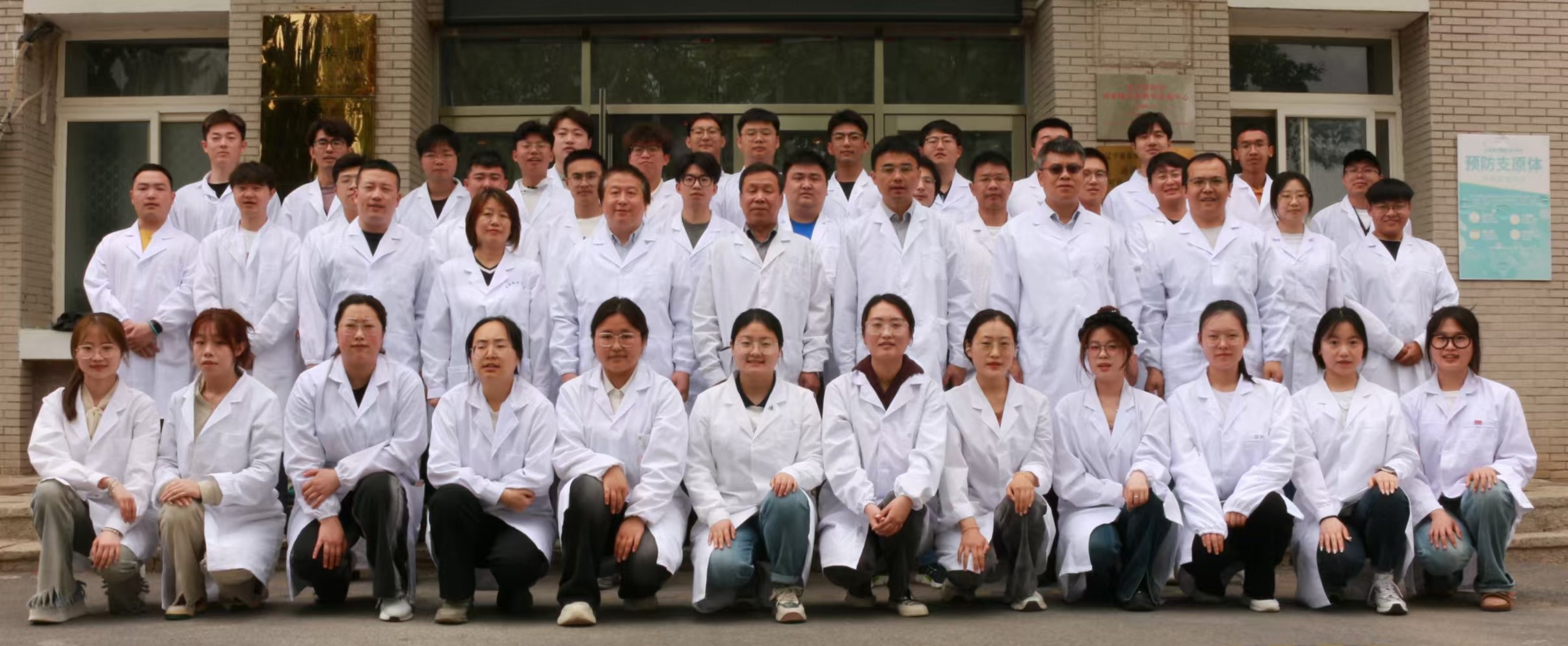
Team Leader
Zhongming Huo, Ph.D., Professor, currently serves as the Scientist for the National Mollusk Industry Technology System in Intertidal Zone Aquaculture, head of the Innovation Team for Breeding and Aquaculture of Intertidal Mollusks. He has been selected as one of the first batch of "Xingliao Talents" for Young Top-notch Talents in Liaoning Province, and has received the titles of "Academic Leader" in Liaoning Province, Outstanding Communist Party Member in Liaoning Province Universities, and Outstanding Young Scientific and Technological Talent in Dalian.

Team Overview
The Intertidal Mollusk Genetic Breeding and Aquaculture Innovation Team, based at the Engineering Research Center of Shellfish Culture and Breeding in Liaoning Province, consists of 8 members, including 3 senior professors, 3 associate professors, and 2 assistant professors, all holding doctoral degrees. With extensive experience in mollusk genetic breeding and aquaculture research, the team is a key part of the National Mollusk Industry Technology System in Intertidal Zone Aquaculture. The team has achieved global leadership in research on genetic breeding of the Ruditapes philippinarum, the mollusk with the highest single-species yield in China, and in seedling production technologies for intertidal mollusks. The team pioneered the development of the world’s first liquid-phase gene chip for clam breeding, completed a high-quality, fine-scale genomic map of clams, and cultivated 3 nationally certified new aquatic varieties, including the “Zebra Clam,” the first artificially bred clam variety in the world, and made significant breakthroughs in mass breeding technologies for various mollusk species, including the Panopea japonica, Mactra chinensis Philippi, Mactra veneriformis, Pholas dactylus, Dosinia (Lamellidosinia) laminata, and Saxidomus purpuratus. The research has earned over 10 national and provincial awards, including the Second Prize of the National Science and Technology Progress Award, the First Prize of the Liaoning Province Science and Technology Progress Award, and the First Prize of the Dalian City Science and Technology Progress Award. The team has undertaken more than 40 projects, including those funded by the National Natural Science Foundation, the National Mollusk Industry Technology System Special Fund, and the National Key R&D Program, published 5 monographs, over 300 academic papers (with more than 120 indexed in SCI), formulated 5 national/industry/local standards, and been granted over 30 national invention patents. The team has also trained over 160 master’s students, including 4 international graduate students, and 2 of their graduates have been appointed as Scientists in the National Mollusk Industry Technology System.